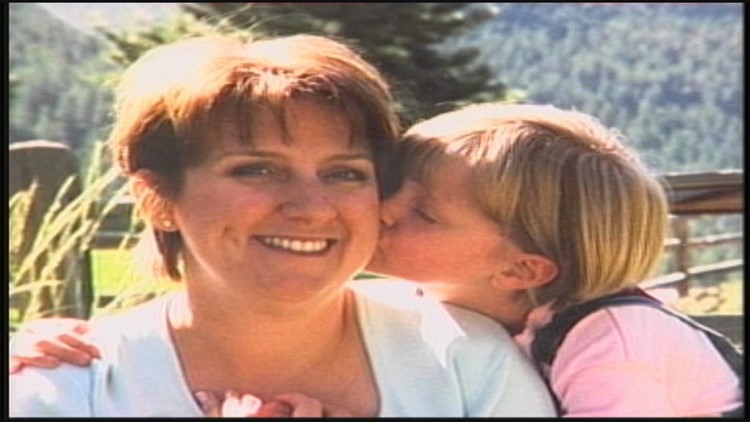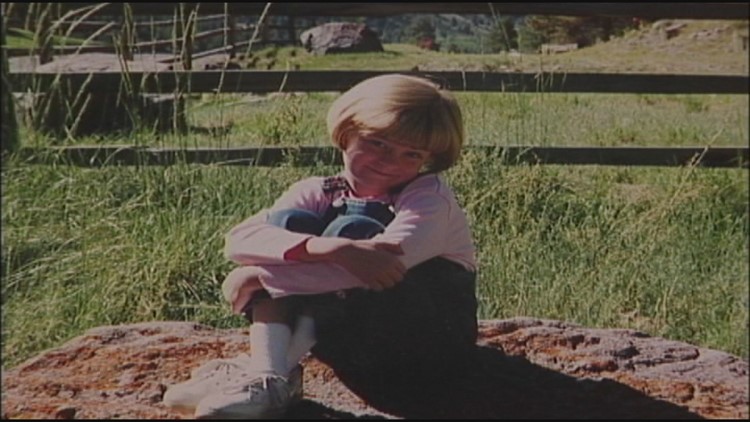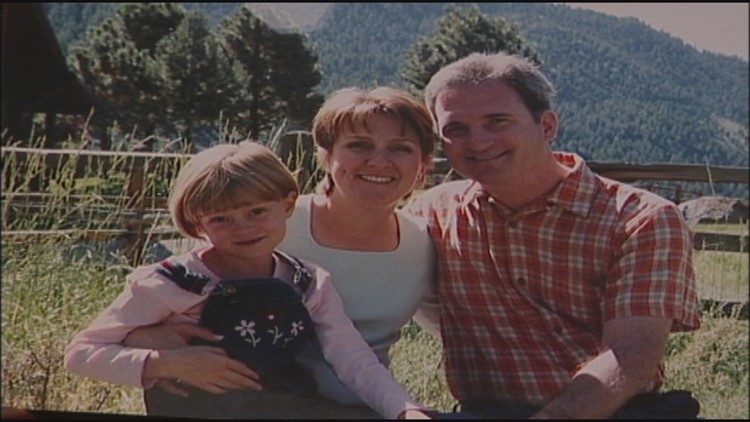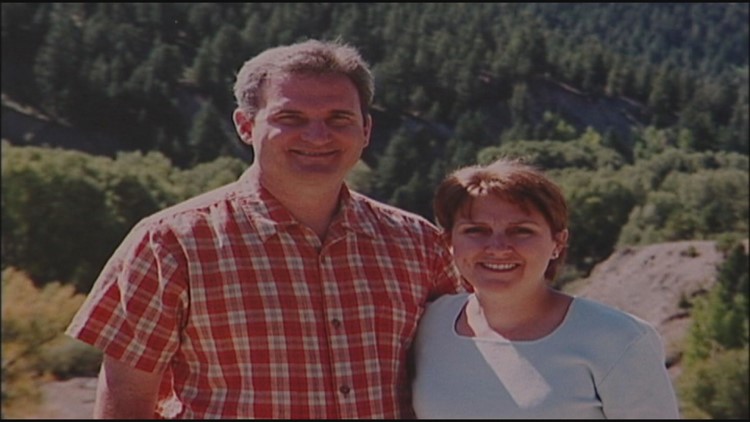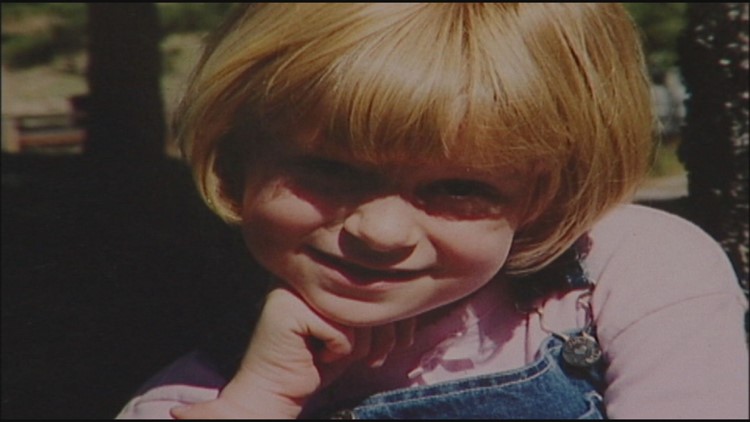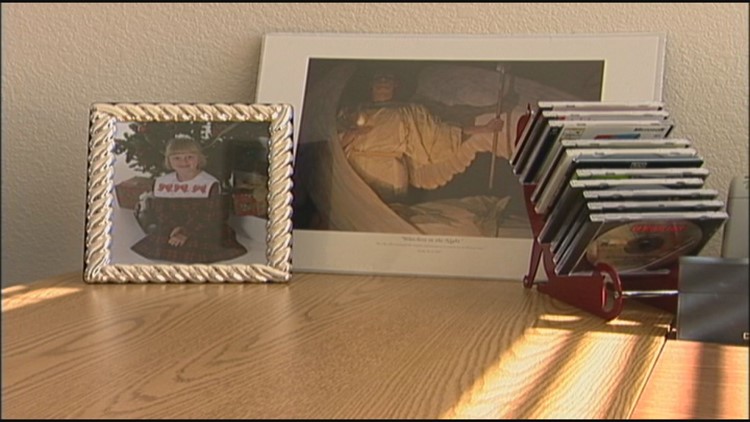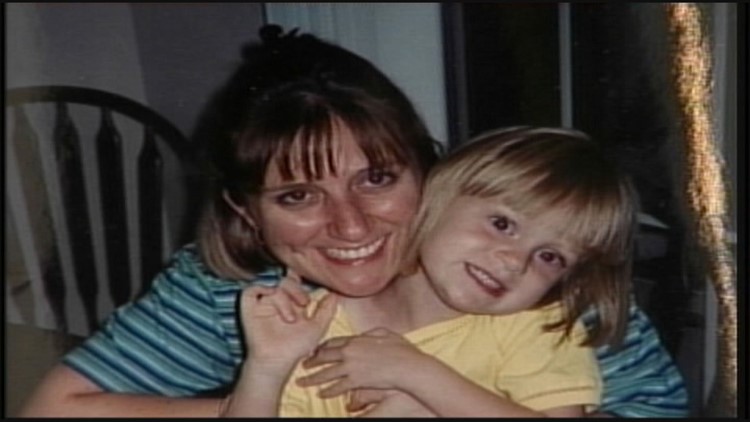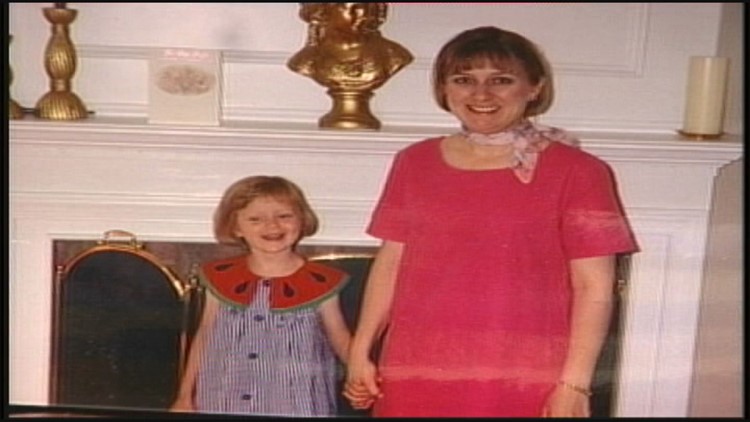JEFFERSON COUNTY - Even though her testimony the day before prompted the defense to ask for a mistrial and call what happened an egregious violation of the Colorado and U.S. Constitutions, Marilyn Conway’s time on the witness stand on Thursday morning ended with little additional drama — and no redirect examination.
In fact, it was over so fast that the prosecution had to scramble to bring in their other witnesses when they suddenly found themselves in a place they hadn’t been in since jury selection began a month ago: ahead of schedule. And from there, following a day that was marked with contentious legal back-and-forth from the attorneys that took up large chunks of time and forced the jury to leave the room on multiple occasions, Michael Blagg’s second trial once again returned back to normal.
Photos of Michael, Jennifer and Abby Blagg
RELATED: No mistrial in Michael Blagg case
Edith Melson was the second person to take the witness stand this week to call herself Jennifer Blagg’s best friend. They met at their church in Simpsonville, South Carolina.
When Jennifer Blagg and her family moved to Grand Junction in 2000, they talked on the phone once a week. Those calls tapered off over time, but 10 days before Jennifer Blagg and her 6-year-old daughter Abby went missing, Melson received a phone call from her friend.
Jennifer Blagg said she and Abby were planning a visit. Melson said her friend seemed “upset” and had asked that she “pray for me.”
That was the last time she’d hear from the 34-year-old. On Nov. 13, 2001, her husband Michael Blagg called 911 and said when he returned home from work, he found the backdoor ajar and a jewelry box thrown on the floor of the master bedroom. There was a large splatter of blood on his wife’s side of the bed.

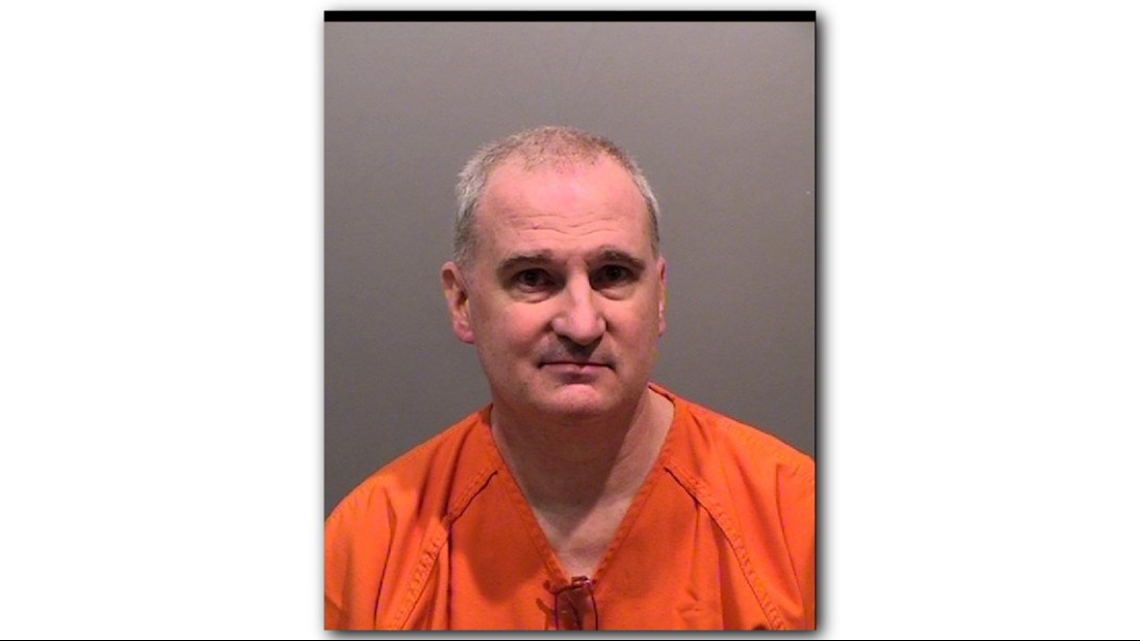
TUESDAY MORNING STORY: 'It's getting painful': Michael Blagg's attorney grills disgraced state official, investigator
Jennifer and Abby Blagg were gone.
Investigators found the body of Jennifer Blagg on June 4, 2001 — on the 17th day of their search of the Mesa County landfill. It was wrapped in a red and black tent.
Prosecutors asked Melson about a similar tent she remembered seeing in the Blagg’s garage when they lived in South Carolina.
“I teased her about it,” Melson said, “because she liked camping and I didn’t.”
Tina Fang, one of Michael Blagg’s public defenders, asked her about her characterization of the tent. Melson said she couldn’t remember if it was red and black or black and red. Fang also brought up a “prayer gram” Melson and her husband sent to Michael Blagg after the disappearance of his wife and daughter, and an interview in a local newspaper where she characterized her final conversation with Jennifer Blagg as “ordinary.”

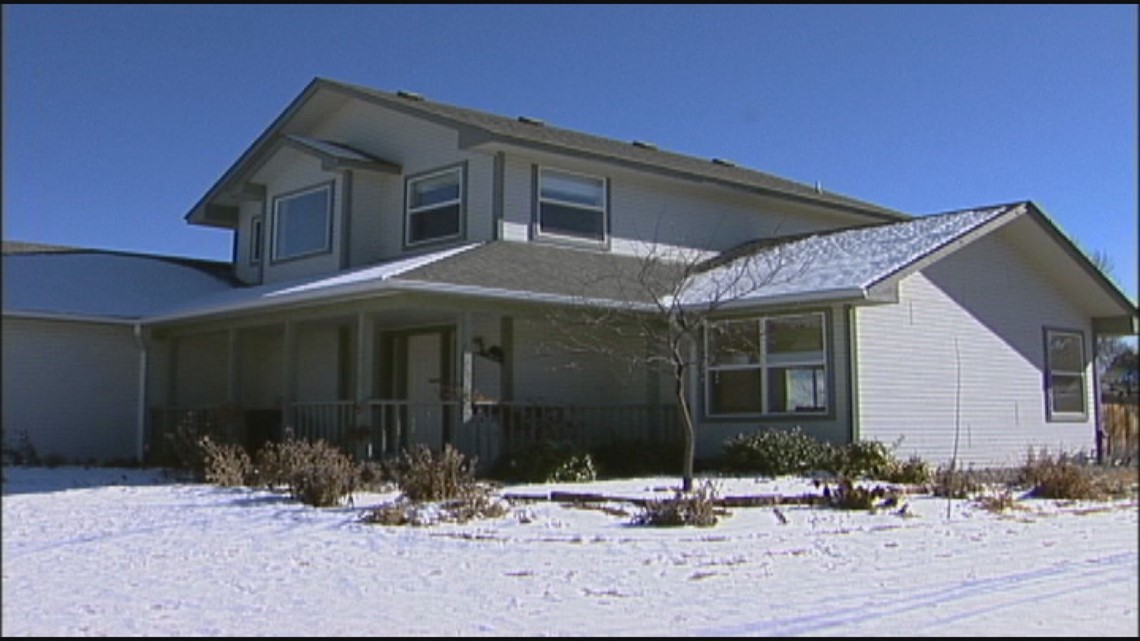
“I was frequently misquoted by the newspapers,” Melson responded.
Michael Blagg was found guilty of killing his wife in 2004, but that conviction was overturned years later after a juror was caught lying on her questionnaire about being the victim of domestic violence. The now-55-year-old is being retried once again in Jefferson County, where the case was moved because of its notoriety on the Western Slope.
Prosecutors say during the early morning hours of Nov. 13, 2001, Michael Blagg shot his wife in the head while she was sleeping, wrapped her in a tent, loaded her body into the family minivan and then threw her into the dumpster at his office, Ametek Dixson.

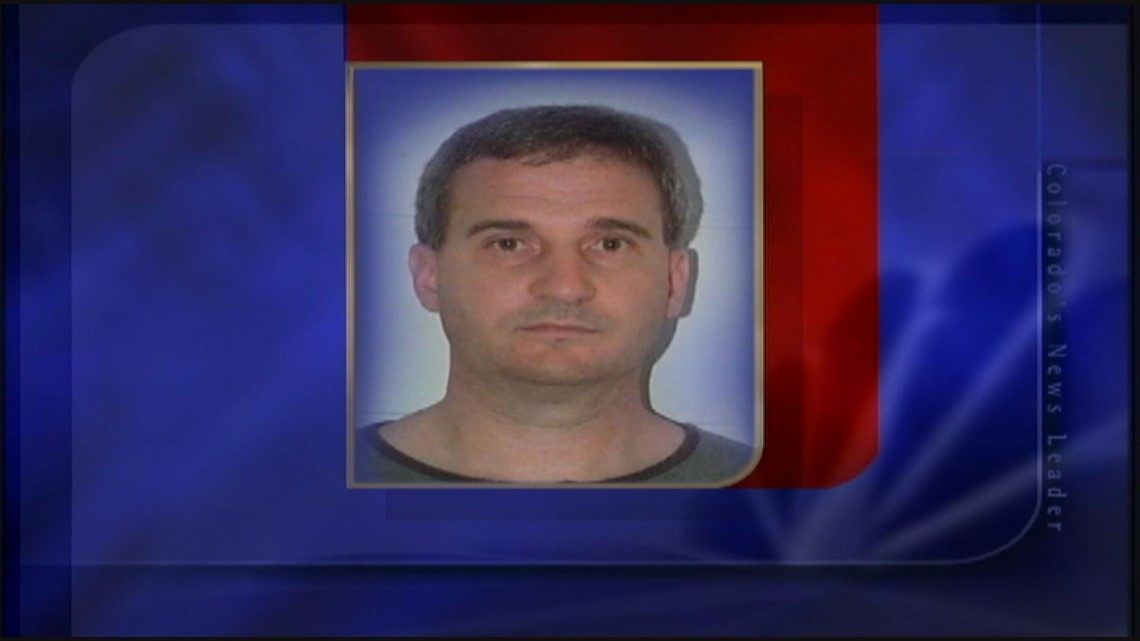
The defense alleges that a child predator killed Jennifer and kidnapped Abby, and that ever since, the investigation has been tainted by the false assumption it’s “always the husband.”
Contaminated evidence has been a key theme for Michael Blagg’s public defenders, and it was a case they tried to make when the prosecution called CBI Forensic Biologist Cynthia Kramer to the witness stand before the lunch break on Thursday.
Kramer testified about DNA found in the family minivan and on the comforter that belonged to Jennifer Blagg, as well as DNA belonging to her husband. She also confirmed that a spot of DNA on the step into the garage belonged to a CBI investigator, which Public Defender Scott Troxell said was proof of a contaminated crime scene — and in turn investigation — during his opening statements.
He repeatedly asked Kramer about numerous items found on the Blagg’s bedroom that were untested, as well as items that were tested and had evidence of Michael Blagg’s DNA, such as the comforter.
The prosecution asked Kramer about efforts to identify some DNA found on the bottom of the tent where Jennifer Blagg’s body was found. This DNA was unidentified, but Kramer conceded that the tent could have been contaminated by the human waste found in the landfill.
Troxell asked her if she was able to identify it as male and if she put it into a database. Kramer said she did, but the profile was too incomplete to put in the national database, though she did put it into the Colorado one.
The defense has tried to introduce an alternate suspect throughout the trial, and so far, their efforts have been overruled by Judge Tamara Russell.
Testimony will continue Thursday afternoon. 9NEWS is in the courtroom and will post updates during breaks.


